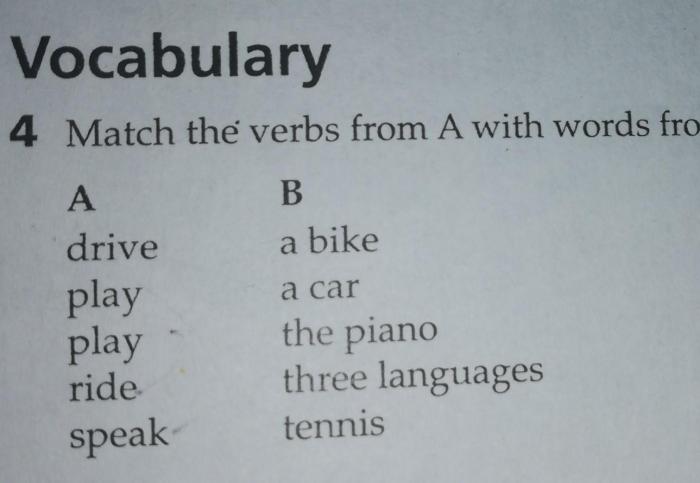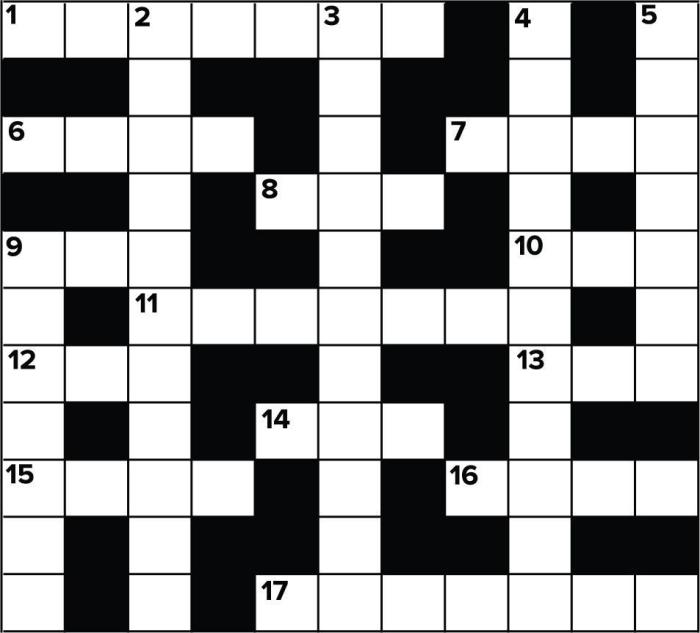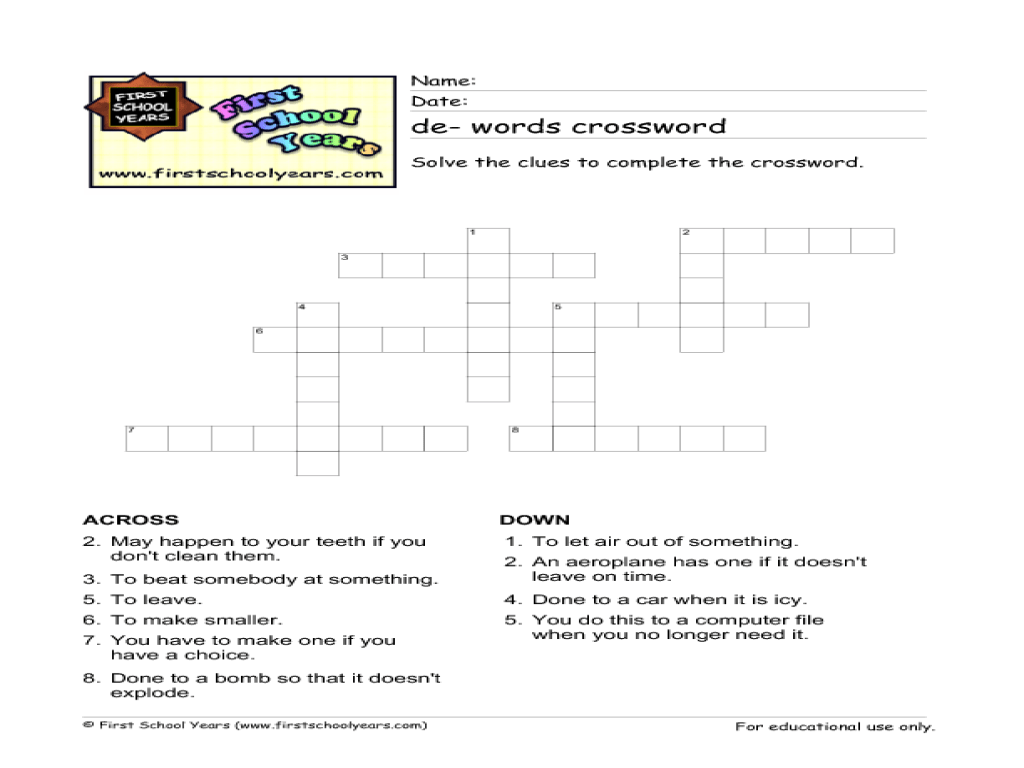Mocking Use of Words Crossword: Embark on a literary adventure where words take on a playful and satirical twist. This captivating concept weaves its way through classic literature, crossword puzzles, humor, and advertising, leaving an indelible mark on readers and audiences alike.
In the realm of crosswords, mocking use of words becomes a delightful challenge, testing the wit and wordplay skills of solvers. From clever puns to ironic twists, these puzzles offer a unique blend of entertainment and intellectual stimulation.
Mocking Use of Words in Literature

Mocking use of words is a literary device that employs words in a way that subverts their typical meaning or usage. This can be done through irony, sarcasm, or other forms of wordplay. Mocking use of words can be used to create humor, highlight hypocrisy, or critique societal norms.
One of the most famous examples of mocking use of words in literature is the use of the word “sweet” in William Shakespeare’s Romeo and Juliet. When Romeo first sees Juliet, he says, “Did my heart love till now? For I ne’er saw true beauty till this night.”
This line is ironic because the audience knows that Romeo has been in love with Rosaline before meeting Juliet. The use of the word “sweet” to describe Juliet is therefore mocking because it subverts the typical meaning of the word.
Mocking use of words can also be used to highlight hypocrisy. For example, in Jonathan Swift’s A Modest Proposal, the narrator suggests that the Irish should sell their children as food to the English. This proposal is obviously absurd, but it highlights the hypocrisy of the English government’s treatment of the Irish.
Finally, mocking use of words can be used to critique societal norms. For example, in George Orwell’s 1984, the government uses the term “Newspeak” to control the way people think. The use of this term is mocking because it suggests that the government is trying to control the very language that people use to express themselves.
Mocking use of words is a powerful literary device that can be used to create humor, highlight hypocrisy, or critique societal norms. It is a tool that can be used by writers to make their work more engaging, thought-provoking, and memorable.
Mocking Use of Words in Crosswords

Crosswords often incorporate mocking use of words to add humor and challenge to the puzzle. This can be done through the use of puns, double entendres, and other wordplay. For example, a clue that reads “A place to put your money” might have the answer “piggy bank,” using a mocking tone to refer to a person who saves their money.
Challenges and Rewards
Solving crosswords that use mocking use of words can be both challenging and rewarding. On the one hand, the mocking use of words can make it difficult to determine the correct answer. On the other hand, solving these puzzles can be a lot of fun, and the satisfaction of finding the correct answer is even greater.
Mocking Use of Words in Humor

Mocking use of words is a powerful tool in the arsenal of humorists. By twisting the meaning of words or using them in unexpected ways, comedians can create laughter and make their points more effectively.
One of the most common ways that comedians use mocking use of words is through puns. Puns are jokes that rely on the different meanings of words or the way they sound. For example, the comedian Steven Wright once said, “I went to the doctor because I broke my leg in two places.
He told me to quit going to those places.”
Another way that comedians use mocking use of words is through sarcasm. Sarcasm is the use of irony to mock or criticize something. For example, the comedian George Carlin once said, “I’m not a pessimist, I’m just a realist. And a realist is just a pessimist who’s been proven right.”
Mocking use of words can be a very effective way to create humor. By twisting the meaning of words or using them in unexpected ways, comedians can make their points more effectively and get a laugh from their audience.
Mocking use of words crosswords can be tricky, but don’t fret! If you’re stuck, consider checking out the dragon genetics lab answer key for inspiration. You might find some clever wordplay or puns that can help you solve your crossword puzzle.
After all, even in the realm of mocking words, a little knowledge can go a long way!
Comedians Who Use Mocking Use of Words, Mocking use of words crossword
Many comedians use mocking use of words in their routines. Some of the most famous examples include:
- Steven Wright
- George Carlin
- Mitch Hedberg
- Dave Chappelle
- Louis C.K.
These comedians are all masters of using mocking use of words to create humor. They use puns, sarcasm, and other techniques to twist the meaning of words and get a laugh from their audience.
Mocking Use of Words in Advertising
Mocking use of words in advertising involves the deliberate use of language to poke fun at or criticize a product, service, or idea. This technique can be used to create humor, draw attention, or undermine the credibility of a competitor.
One common way that mocking use of words is used in advertising is through the use of parody. Parody involves creating a new work that imitates the style or form of an existing work, often for comedic or satirical purposes.
For example, a car advertisement might parody a famous movie scene, using the same dialogue and imagery but with a humorous twist.
Another way that mocking use of words is used in advertising is through the use of irony. Irony involves saying one thing but meaning the opposite. For example, a clothing advertisement might feature a model wearing a shirt that says “I’m not a model” in a sarcastic tone.
The use of mocking use of words in advertising can be effective in grabbing attention and creating a memorable impression. However, it is important to use this technique carefully, as it can also be seen as offensive or disrespectful.
Ethical Implications
There are a number of ethical implications to consider when using mocking use of words in advertising. First, it is important to avoid using language that is offensive or disrespectful. This can include using slurs, making fun of physical or mental disabilities, or attacking a person’s character.
Second, it is important to be aware of the potential for unintended consequences. For example, a mocking advertisement might be interpreted as an attack on a particular group of people, even if that was not the advertiser’s intention.
Finally, it is important to consider the impact of mocking use of words on the overall tone of the advertisement. While humor can be effective in advertising, it is important to avoid using it in a way that undermines the credibility of the product or service being advertised.
Query Resolution: Mocking Use Of Words Crossword
What is mocking use of words?
Mocking use of words is a literary device where words are used to convey a meaning that is different from their literal definition, often with a humorous or ironic intent.
How is mocking use of words incorporated into crosswords?
Crosswords may use mocking use of words in their clues or answers, requiring solvers to think creatively and interpret the words in a non-literal way.
What are some examples of mocking use of words in advertising?
Advertisements may use mocking use of words to create a humorous or memorable impression, such as using the phrase “unbelievably delicious” to describe a product that is not particularly remarkable.